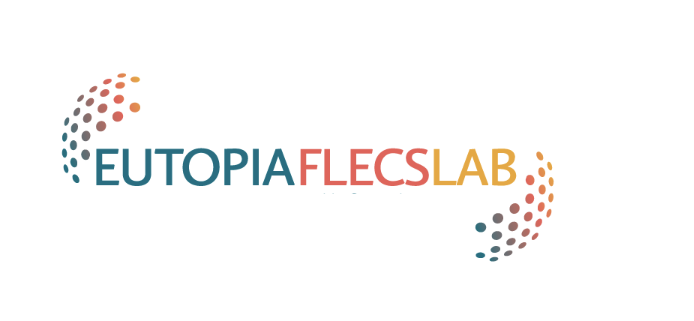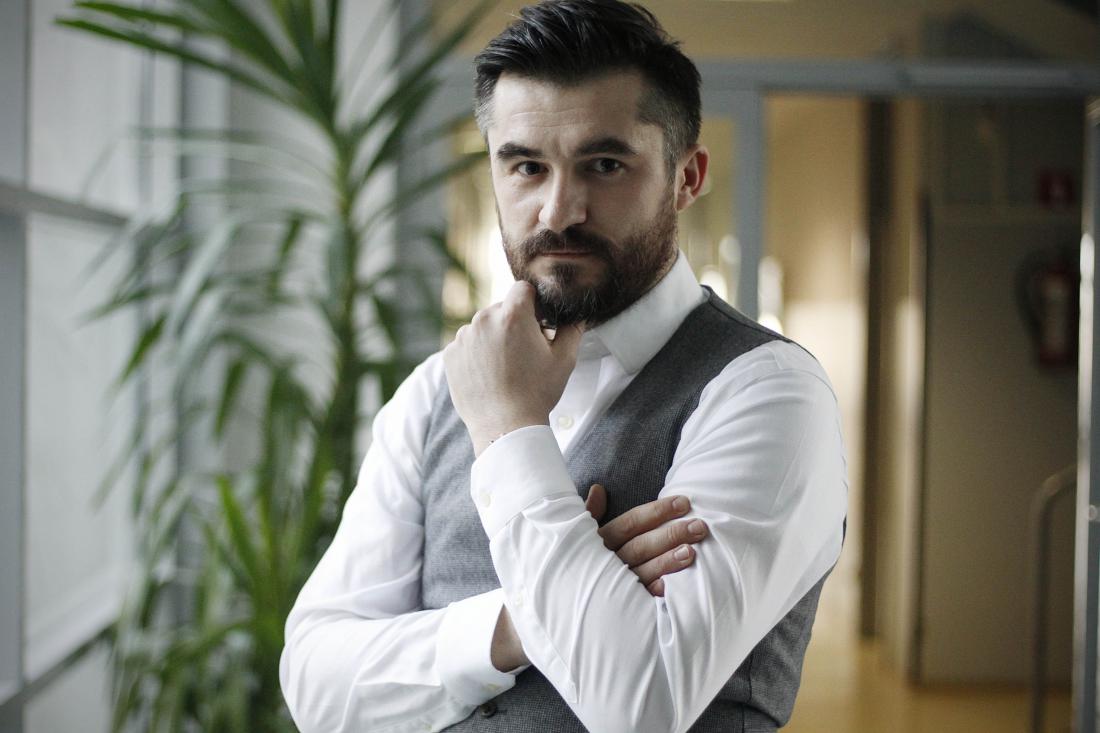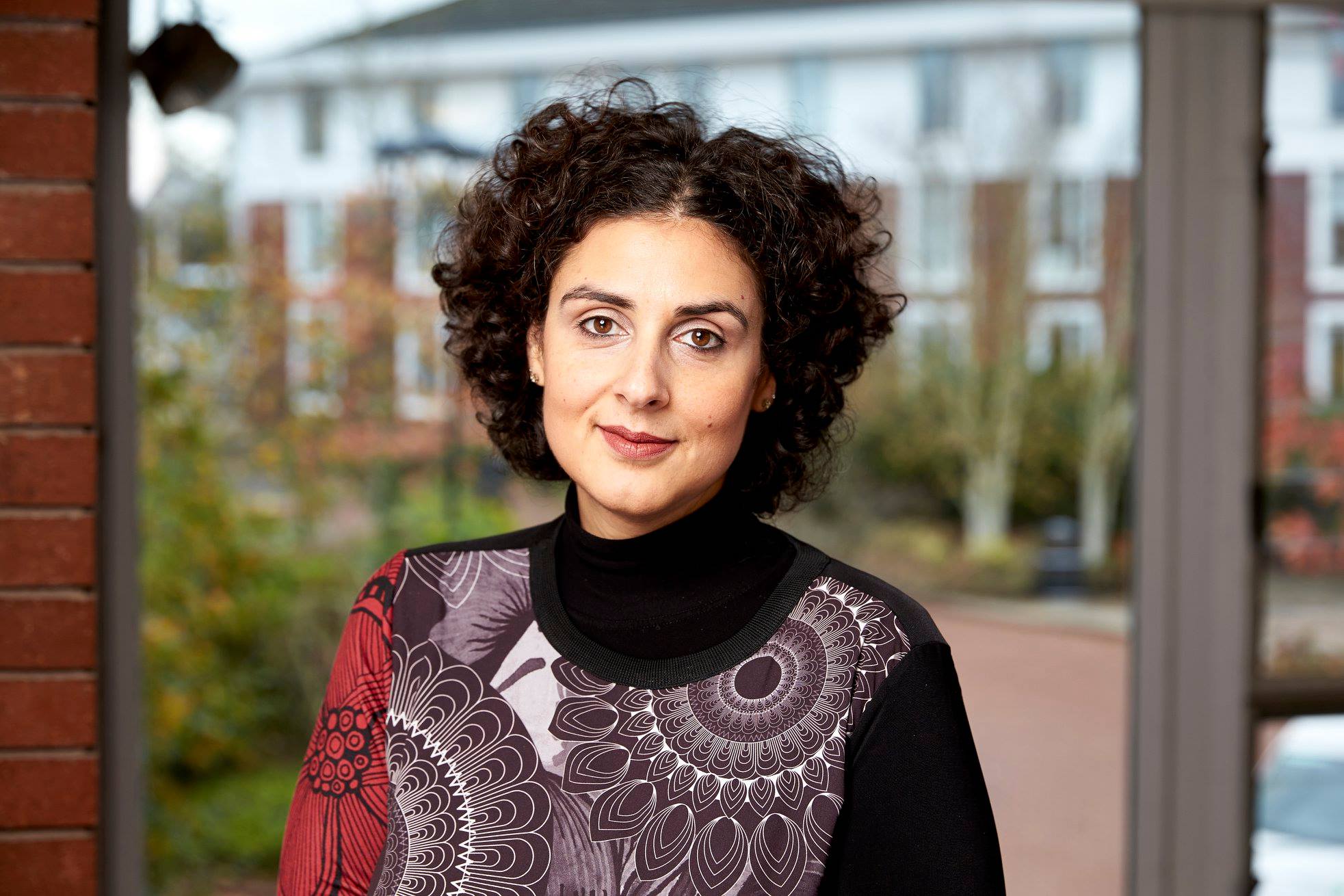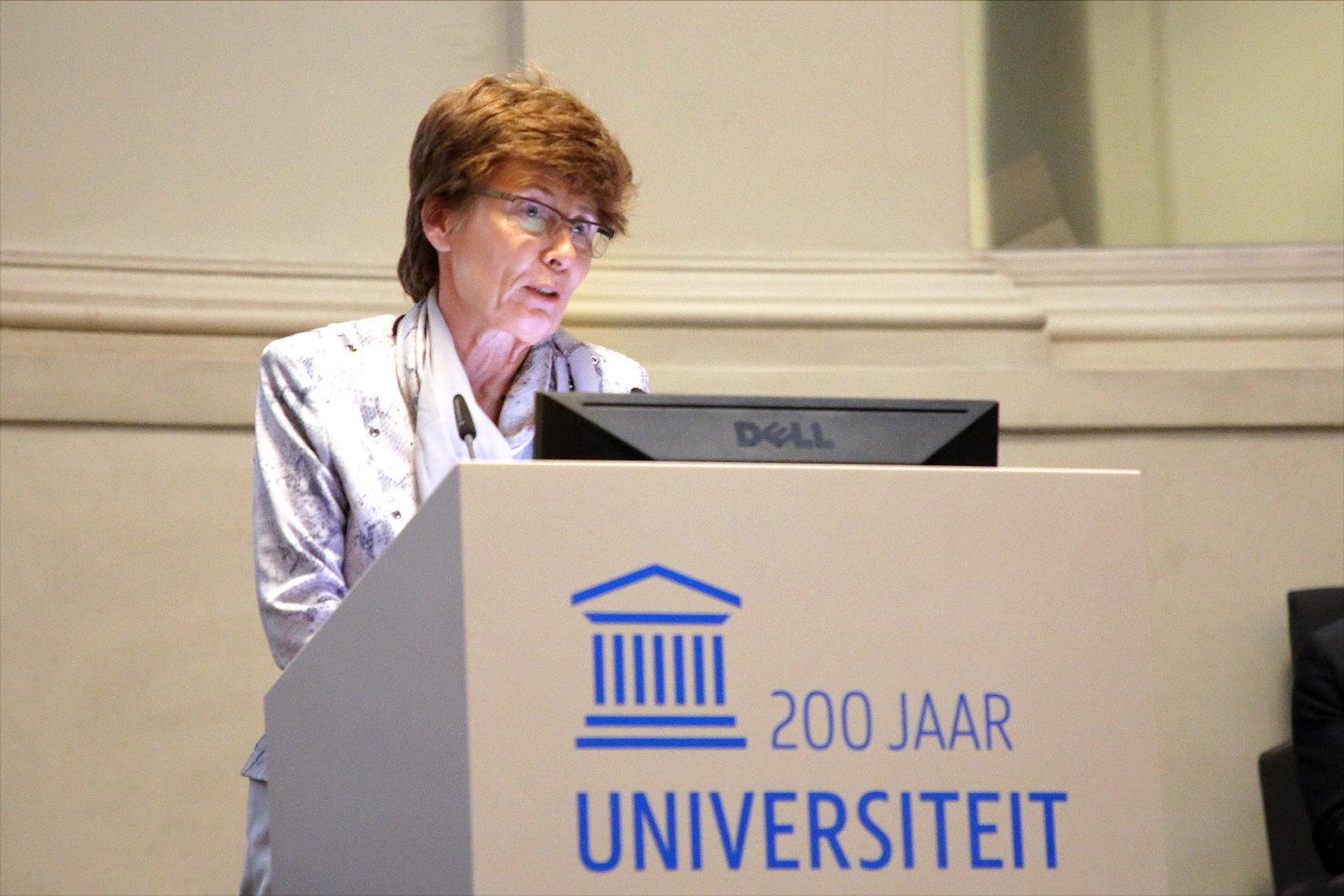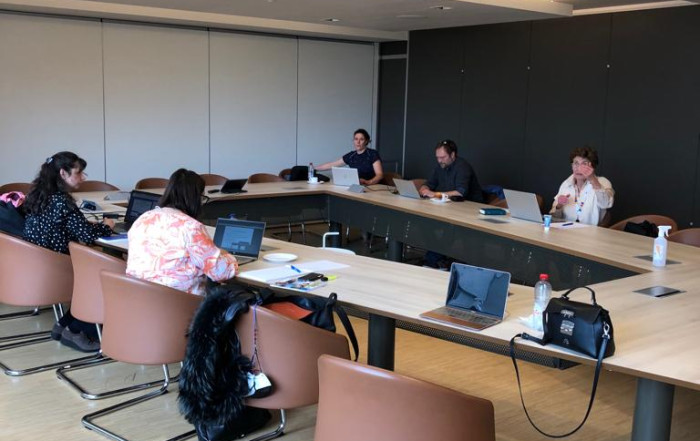FLECSLAB
FLECSLAB
Fleksibilne učne skupnosti, ki podpirajo čezmejno vseživljenjsko učenje
Novembra 2021 je bilo šest ustanovnih partnerjev EUTOPIA Alliance nagrajenih v programu Erasmus+ (KA220-HED – Partnerstva za sodelovanje v visokem šolstvu) projekta z naslovom »Fleksibilne učne skupnosti, ki podpirajo čezmejno vseživljenjsko učenje« (FESCLAB). (FESCLAB) predložene Nacionalni agenciji za programe Evropske skupnosti in mednarodne mobilnosti in v Sloveniji.
FLECSLAB
O projektu
Ozadje in potrebe
Demografija visokega šolstva se spreminja. Univerzitetni diplomanti si vse bolj želijo razširiti svoje kompetence, saj se soočajo z vse več spremembami v globalizirani družbi.
Univerze zveze EUTOPIA, ki uvajajo ta ključni ukrep, ponujajo odgovor na ambicije in načrte za področje vseživljenjskega učenja (VŽU) Evropske komisije, in sicer z razvojem prožnih mehanizmov, ki ponujajo priznavanje kratkoročnih prizadevanj za intenzivno učenje v nadnacionalnem kontekstu. FLECSLAB ponuja predlog načrta za bolj vključujoč pristop v mednarodnih učnih procesih, ki akademskim krogom omogočajo, da dosežejo širok spekter zainteresiranih študentov na področju VŽU iz različnih okolij in različnih disciplin. Glavno vodilo za prijavo tega projekta je izhajalo iz omejitev trenutnih modelov v visokošolskem izobraževanju za študente na predmetnem področju. FLECSLAB s tem širi delo obstoječih učnih skupnosti, ki jih razvija v okviru zveze EUTOPIA in bazirajo na inovativnem izobraževalnem modelu, ki stremi v smeri mednarodnega povezovanja najboljših praks na področju aktivnega učenja.
Lifelong Learning Toolbox (WP1)
Tested tool to explore the potential of a European university to create an lifelong learning (LLL) offering at an international level: this tool will be developed by working with a selection of 12 EUTOPIA learning communities (LC) to pilot different LLL formats and monitor outputs and outcomes. The monitoring activities will enable us to develop a well-tested and documented portfolio of LLL formats that address different disciplines and sectors, a sound framework to support the design and delivery of such educational opportunities, and a set of practical materials to train higher education (HE) departments interested in developing LLL opportunities within and outside the EUTOPIA Alliance. Guidelines and training for academic staff will be developed.
The first four identified themes and resulting EUTOPIA learning communities that are part of the current workshops are:
- HEALTHCARE “Leading Strategic Innovation in Healthcare”
- ENTREPRENEURSHIP “Technological Business Development”
- MEDIA and COMMUNICATION “Fundamentals of Television Direction”
- EDUCATION “Urban Education”
Lifelong Learning Toolbox (WP1)
The Lifelong Learning Business Model will be developed based on a benchmarking exercise that will examine useful formats and tools developed across Europe and evaluate them in relation to project goals and outcomes. The business model will consist of a set of sustainability scenarios, feasibility studies and strategy papers describing the conditions needed to develop and deliver the different LLL formats in a sustainable way.
Cilji
Projekt ponuja okvir in dobro preizkušeno orodje izvajanja in raziskovanja potenciala, ki ga ima evropska zveza univerz za ustvarjanje obsežne ponudbe VŽU, in sicer na podlagi obstoječih komponent, t. j. učnih načrtov. Na podlagi razvoja povezanih učnih skupnosti zavezništva EUTOPIA, bo FLECSLAB ustvaril specializiran instrument za vse visokošolske ustanove, ki bo presegal povpraševanje pri tistih študentih, ki želijo samo diplomo, in se bo odpiral t.i. ne- modularnim študentom, ki iščejo dodatne mednarodne učne izkušnje. To orodje bo vključevalo smernice in module usposabljanja za podporo akademskemu osebju pri obravnavanju učečih se odraslih.
S pilotom in pridobljenimi izkušnjami v okviru projekta EUTOPIA, je naslednji cilj usmerjen v izdelavo in uvedbo poslovnega modela, ki bo evropskim univerzam omogočil, da ohranijo in dodatno razvijajo svoje cilje na področju kakovostne ponudbe VŽU. Zaradi svoje osredotočenosti na aktivno učenje in inovativne transdisciplinarne teme bo FLECSLAB aktivno vključeval deležnike, ki delujejo v družbenem kontekstu učnih skupnosti in jih zanima sodelovanje z visokošolskim zavodom za odzivanje na potrebe državljanov in strokovnjakov VŽU.
Gradniki FLECSLAB-a so povezane učne skupnosti, ki povezujejo najboljše prakse odprtega in aktivnega učenja v EUTOPIA. Akademiki nadgrajujejo tradicionalne oblike učenja in organizirajo možnosti kratkoročne učne izkušnje, ki jih študentje lahko vpišejo bodisi kot del svojega kurikuluma na poti do diplome ali ob njej. Kljub uspešni izvedbi in obetavnim rezultatom za razvoj kurikuluma v evropskem univerzitetnem zavezništvu, EUTOPIA ni zasnovana za VŽU. To je vrzel, ki jo FLECSLAB odpravlja. Na podlagi razvoja v velikem vzorcu povezanih učnih skupnosti FLECSLAB ponuja edinstveno priložnost za uvedbo načrta, ki temelji na preizkušenih zasnovah, ki jih ponuja širšemu sektorju visokega šolstva in ki bodo zadovoljili potrebe t.i. netradicionalnih študentov, opredeljenih v ekosistemih učne skupnosti. FLECSLAB je prvi projekt, ki bo sektorju visokega šolstva ponudil tako intenziven nabor primerov in ekstrapoliral orodja ter poslovne modele za vse ostale transnacionalne zveze, ki so pripravljene odpreti svojo ponudbo kurikuluma za ne- tradicionalne učeče se študente na področju VŽU.
Načrtovani rezultati
FLECSLAB bo dokumentiral poslovne primere, izhajajoč iz nabora širših vzorcev in scenarijev na področju VŽU. Zadnja faza je transformacija izkušenj FLECSLAB v smernice oblikovanja politike na tem področju, tako za univerze, akademike, industrijo in partnerje iz javnega sektorja. Projektna skupina bo pripravila širok nabor orodij, ki bodo praktikom v visokošolskem izobraževanju in oblikovalcem politik pomagala pri razvoju pedagogike VŽU (orodja za vseživljenjsko učenje) in trajnostnih ponudb (poslovni model vseživljenjskega učenja).
FLECLSAB Boards
Expert Committee
To ensure the quality and recognition of the FLECLASB, an Education Expert Committee was established. The main task of the committee is:
- To advise, guide, and assist the FLECSLAB team in developing a specialised tool/toolkit for all HE institutions that focuses on implementing ways to engage non-traditional learners alongside traditional university students.
- Bridge to the bottom-up work being done in the EUTOPIA Connected Learning Communities to pilot formats to be offered to non-degree students. The Connected Learning Communities provide FLECSLAB with a useful and appropriate testing ground for recruiting appropriate candidates to experiment with LLL designs.
- Accompany the analyses of these Connected Learning Communities in terms of inclusive pathways for non-traditional learners in HE and advise on the development of the instrument.
- Advise on the relevance, quality, usability by individual learners and HE institutions, and transdisciplinary and transnational features of the FLECSLAB toolkit for HE.
- Prepare for concrete implementation of the FLECSLAB toolkit and assist in the development of guidelines and training of university staff.
- Facilitate the link between the toolkit and the development of the business model, which is the second phase of the project. Data from the toolkit will be used to present a business model that will enable HE providers to engage with LLL designs.
- Present results and proposals for the management of the FLECSLAB project on a semester basis, aligned with the step-by-step analysis of the ecosystem in the participating learning communities and the planning of the consortium meetings.
- To contribute to the quality assurance process of the FLECSLAB project and its activities and outputs. The expertise will be crucial to ensure the quality of the outputs produced and that the outcomes meet the needs of the target groups.
The Expert Committee is chaired by Lieve Van den Brande.
Advisory Board
The members of the Advisory Board are high-level experts associated with international knowledge centres and policy makers in the field of education and employment. In this way, they will help the project team to describe the conditions for maintaining the international dimension of LLL processes and the incentives expected from European authorities to facilitate cross-border access and recognition of learning efforts.
Representatives on this panel will facilitate our connection to ongoing experiments in international forums for HE and employment. Strategy papers will describe the conditions for supporting the international dimension of learning and the incentives expected from European authorities to facilitate cross-border access, work practises, and recognition. They can help us describe the conditions for sustaining the international dimension of learning and the incentives expected from European authorities to facilitate cross-border access, working practises and recognition for lifelong learners.
The Advisory Board is coordinated by UL and chaired by Prof. Dr. Ivan Svetlik, who has extensive research experience in the fields of education, employment and LLL. Ivan Svetlik is a professor of human resources and social policy at UL. He was Rector of UL (2013-2017), Minister of Labour, Family and Social Affairs in Slovenia (2008-2012) and member of the Editorial Board of the European Journal of Vocational Education and Training published by CEDEFOP. He has been involved in the country’s labour market, social security, education and training reforms and consults in these areas in the Balkans as well as in HRM in companies. His main research topics and interests are labour, employment, education, human resources, social security and quality of life. He has participated in international networks and institutions such as ITF, CEDEFOP and CRANET Network for Human Resource Management Research. He has published over 400 articles, book chapters and books. He is currently one of the main contributors to the EUTOPIA Alliance project.
